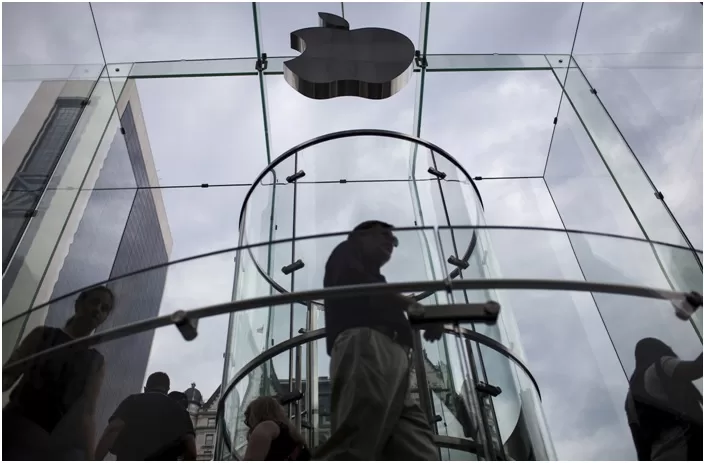Technology
Apple Settles Lawsuit Over iTunes Gift Card Scam

Highlights
- Apple agrees to settle a lawsuit over allegations of aiding scammers with its gift cards.
- The settlement terms were reached in a federal court in San Jose, California.
- Apple faced accusations of involvement in a scam where victims were coerced into buying gift cards for various reasons, leading to substantial financial losses.
- The company allegedly retained 30% of stolen funds as a “commission.”
- The lawsuit covers U.S. individuals who bought gift cards redeemable on iTunes or the App Store between 2015 and July 31, 2020.
- U.S. District Judge Edward Davila rejected Apple’s attempt to dismiss the lawsuit in June 2022.
- The settlement terms are being formalized for preliminary approval
In a recent development, Apple Inc has reached a settlement in a lawsuit where it was accused of knowingly allowing scammers to exploit its gift cards and retaining stolen funds. The agreement, as outlined in a federal court filing in San Jose, California, comes after collaborative efforts between Apple and the plaintiffs with the assistance of a mediator.
The lawsuit revolves around a scam where fraudsters, posing as authorities, coerce victims into purchasing App Store and iTunes gift cards or Apple Store gift cards. The scammers create a sense of urgency, claiming these cards are required to settle taxes, hospital bills, utility expenses, bail, or debt collection. Despite warnings on the cards explicitly stating not to share codes with unknown individuals, victims are manipulated into revealing these codes.
According to the complaint, Apple was allegedly depositing only 70% of the stolen funds into the scammers’ bank accounts, retaining the remaining 30% as a “commission” for knowingly converting stolen codes into dollars. The lawsuit estimated that victims collectively lost “hundreds of millions of dollars” due to this fraudulent scheme.
The scope of the lawsuit encompasses individuals in the United States who, between 2015 and July 31, 2020, purchased gift cards redeemable on iTunes or the App Store, provided codes to fraudsters, and did not receive refunds from Apple.
In June 2022, U.S. District Judge Edward Davila rejected Apple’s attempt to dismiss the lawsuit. He emphasized that the plaintiffs had adequately alleged that Apple’s disavowal of liability, even after victims reported being scammed, was unconscionable.
As the terms of the settlement are being formalized for presentation to Judge Davila for preliminary approval, Apple and the plaintiffs have not issued immediate comments regarding the resolution.
The case, identified as Barrett et al v Apple Inc et al, is pending in the U.S. District Court for the Northern District of California (No. 20-04812).

















































